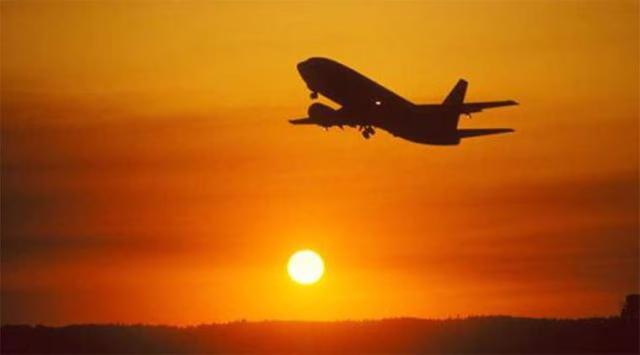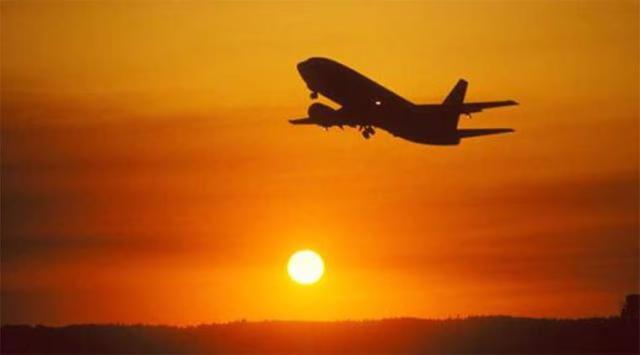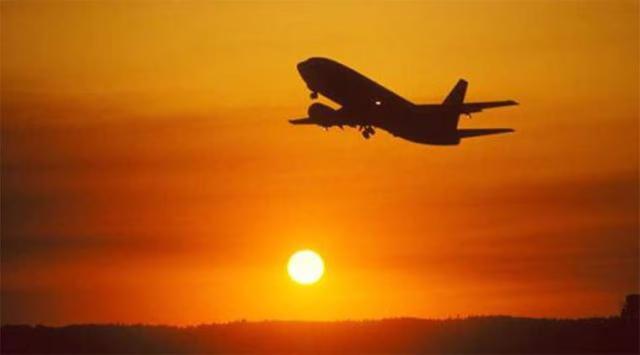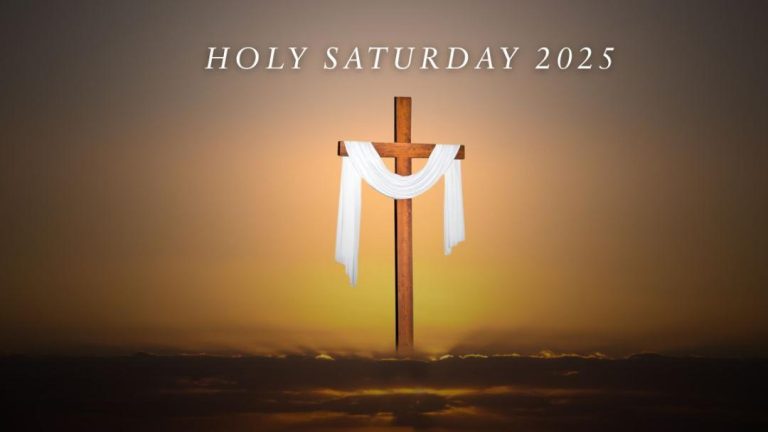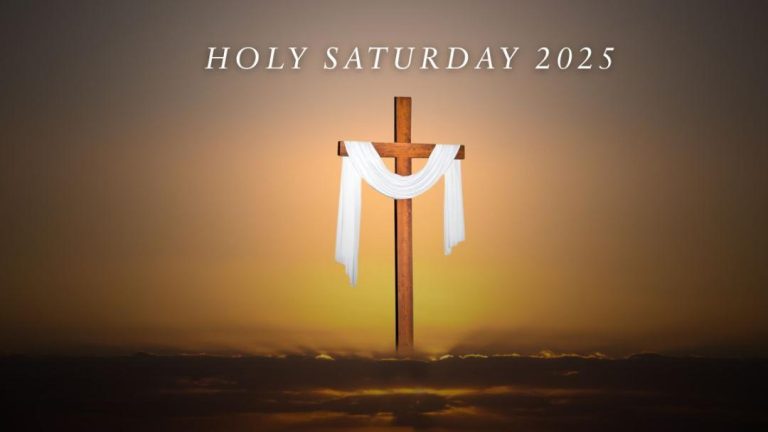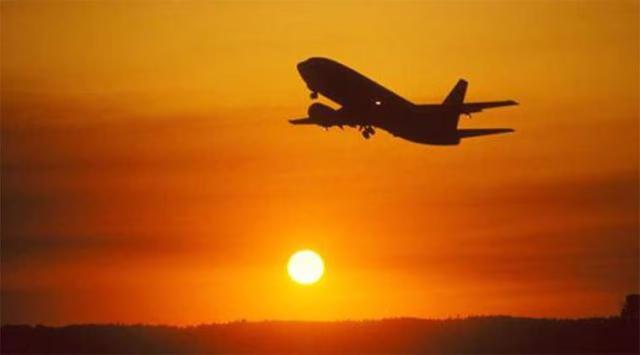
Class 12 Physics & Math requirement for becoming commercial pilot might be scrapped: Report
The Indian aviation industry has been witnessing a significant growth in recent years, with increasing demand for commercial pilots. However, the eligibility criteria for becoming a commercial pilot in India has been a major hindrance for many students. For decades, students who have not studied Physics and Math in Class 12 have been barred from pursuing a career as a commercial pilot. But, according to a recent report, this requirement might soon be scrapped.
The Directorate General of Civil Aviation (DGCA) is planning to review the current rule that requires students to have studied Physics and Math in Class 12 to be eligible for commercial pilot licence training. This decision comes as a major relief for students from non-Science streams, who have always felt left out of this lucrative career option.
As per the current rules, only students who have studied Physics, Chemistry, and Math (PCM) in Class 12 are eligible to pursue a career as a commercial pilot. This restriction was introduced in the mid-1990s, with the aim of ensuring that pilots have a strong foundation in scientific and mathematical concepts. However, with the aviation industry growing rapidly, the DGCA has decided to reconsider this rule.
The decision to scrap the Physics and Math requirement is expected to open up new opportunities for students from non-Science streams, including Arts and Commerce students. This move is seen as a major step towards making the aviation industry more inclusive and diverse.
According to a report by the Times of India, the DGCA has already started consulting with stakeholders, including aviation industry experts and training institutions, to review the eligibility criteria for commercial pilot training. The report suggests that the DGCA is looking to introduce a new set of criteria that will assess a student’s aptitude and ability to learn, rather than their academic background.
The decision to scrap the Physics and Math requirement is not without its challenges, however. The aviation industry is known for its high standards and rigorous training requirements, and ensuring that non-Science stream students are adequately equipped to handle these demands will be a major task.
Despite these challenges, many experts believe that the move to scrap the Physics and Math requirement is long overdue. “The current rule is outdated and unfair to students from non-Science streams,” said Captain A.K. Srivastava, a veteran pilot and aviation expert. “Piloting is not just about science and math; it’s also about human skills, communication, and teamwork. With the right training and coaching, students from any background can become excellent pilots.”
The decision to scrap the Physics and Math requirement is also expected to have a positive impact on the aviation industry, which is facing a shortage of pilots. With more students from diverse backgrounds entering the profession, the industry can expect to see a more diverse and talented pool of pilots.
In conclusion, the news that the DGCA is planning to scrap the Physics and Math requirement for commercial pilot training is a welcome development for students from non-Science streams. This move is expected to open up new opportunities for students who have always been interested in pursuing a career as a commercial pilot, but were previously barred from doing so.
Source:
